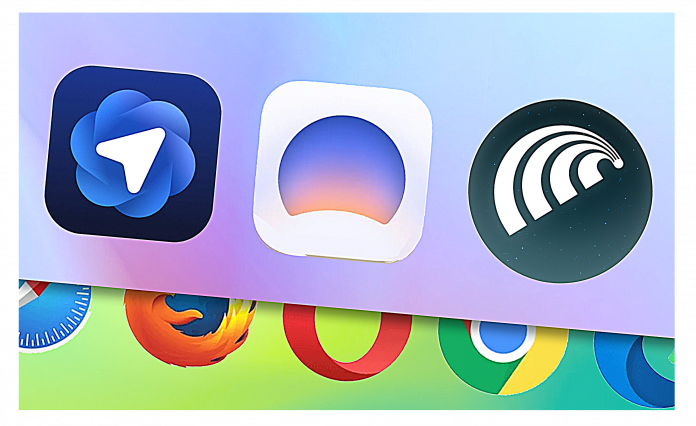
"The traditional browser hasn't fundamentally changed in nearly two decades. Sure, Chrome got faster and Safari got sleeker, but the core interaction model remained the same: type a URL, click a link, open a tab, repeat. We've been living in a world where the browser is a passive window to the web. AI is changing that equation entirely. Instead of searching and clicking our way through information, we're starting to ask, delegate, and trust our tools to act on our behalf."
"Last week, I watched OpenAI's Sam Altman announce Atlas with the kind of confidence usually reserved for iPhone launches. "Tabs were great," he said, "but we haven't seen a lot of innovation since then." Meanwhile, Perplexity had just made its Comet browser free to everyone after three months of charging $200/month for access. And The Browser Company's Dia, which launched in beta back in June, recently opened to the public with a $20 subscription tier."
Three new AI-powered browsers—OpenAI's Atlas, Perplexity's Comet, and The Browser Company's Dia—present distinct product philosophies and user experiences. The traditional browser model of typing URLs, clicking links, and opening tabs has persisted for decades. Comet centers AI search with a persistent sidecar assistant and greets new tabs with Perplexity's search interface. Dia launched in beta in June and now offers a $20 subscription tier. Perplexity recently made Comet free after previously charging $200/month. AI shifts interactions from searching and clicking toward asking, delegating, and trusting tools to act on users' behalf, creating design lessons for AI-native experiences.
Read at Medium
Unable to calculate read time
Collection
[
|
...
]